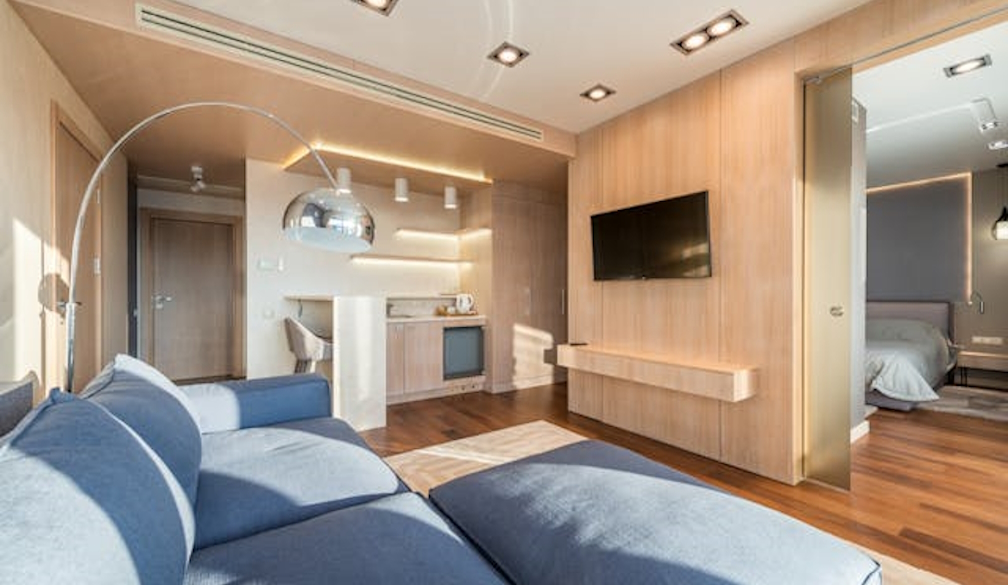The Pros and Cons of Renting vs. Owning a Home

Deciding between owning and renting a home is a huge financial choice a lot of people have to deal with in their lifetime. While homeownership is often viewed as a milestone of stability and independence, renting offers flexibility and less responsibility. Each option has unique benefits and drawbacks that depend on your lifestyle, finances, and long-term goals. With changing housing markets and evolving personal needs, understanding both sides of the equation can help you make an informed decision. In this article, we’ll explore the key pros and cons of renting versus owning to help guide your housing journey.
The Advantages of Renting
Renting can be an attractive choice for individuals seeking flexibility and convenience.
- Lower Initial Costs
Renting generally requires less upfront money compared to buying. Tenants typically pay a security deposit and the first month’s rent, whereas buyers face down payments, closing costs, and property taxes. - Minimal Maintenance Responsibility
When you rent, property repairs and maintenance usually fall on the landlord. This means tenants don’t have to worry about budgeting for unexpected expenses like a leaking roof or a broken water heater. - Mobility and Flexibility
Renting is ideal for those who anticipate relocating for work, education, or lifestyle changes. Signing a lease for six or twelve months allows renters to explore new areas without being tied down long-term. - Access to Prime Locations
Renters often gain access to neighbourhoods or buildings that may be unaffordable to purchase in. For example, you might find yourself renting near a beachfront community while searching for opportunities like Mooloolaba property for sale.
The Disadvantages of Renting
While renting has perks, it also comes with limitations that can affect financial security.
- No Equity Building
Rent payments go directly to the landlord, offering no return on investment. Unlike homeowners, renters don’t build equity that can be leveraged later in life. - Lack of Control
Tenants often face restrictions on renovations, painting, or even keeping pets. Landlords also hold the right to increase rent or choose not to renew a lease, leaving renters with less stability. - Potential Rent Increases
Over time, rental costs can rise significantly, making it difficult to budget for the future. Without rent control policies, this can result in housing becoming less affordable.
The Advantages of Owning a Home
Buying a home offers benefits that appeal to those seeking permanence and financial growth.
- Equity and Investment Potential
Every mortgage payment contributes to building ownership in your property. Over time, this equity can be tapped into for major expenses, retirement, or investment opportunities. - Stability and Security
Homeownership provides long-term stability. Unlike renting, where lease terms can change, homeowners have the freedom to remain in their property as long as they keep up with mortgage obligations. - Personalisation and Control
Owners can renovate, decorate, and personalise their homes without seeking permission. This creative freedom is often one of the biggest draws of homeownership. - Potential Value Appreciation
Real estate historically appreciates in value over the long run. Buying in a desirable area may mean that your home increases in worth, boosting your financial portfolio.
The Disadvantages of Owning a Home
Despite its benefits, homeownership carries challenges worth considering.
- Market Risks
Property values can fluctuate depending on economic conditions. Buying during a peak market could mean financial strain if prices decline in the short term. Stay updated with trends in your country for more accurate insight. - High Upfront and Ongoing Costs
Buying a home requires a substantial down payment, closing fees, and other initial expenses. Homeowners must also cover property taxes, insurance, and repairs. - Maintenance Responsibility
Unlike renters, homeowners are fully responsible for all maintenance and repair costs. From plumbing issues to roof replacements, these expenses can quickly add up. - Less Flexibility
Selling a home takes time, money, and effort. Homeowners who want to relocate for work or lifestyle changes may face delays or even financial losses if the market is slow.
Making the Right Choice
The decision to rent or buy is deeply personal and should align with your financial situation, career plans, and lifestyle preferences. Renting may be best for those who value mobility and lower financial commitments, while owning can be the right path for those ready to invest in long-term stability and growth. Ultimately, carefully weighing the pros and cons of both options ensures you make a choice that supports your goals today and in the future.





